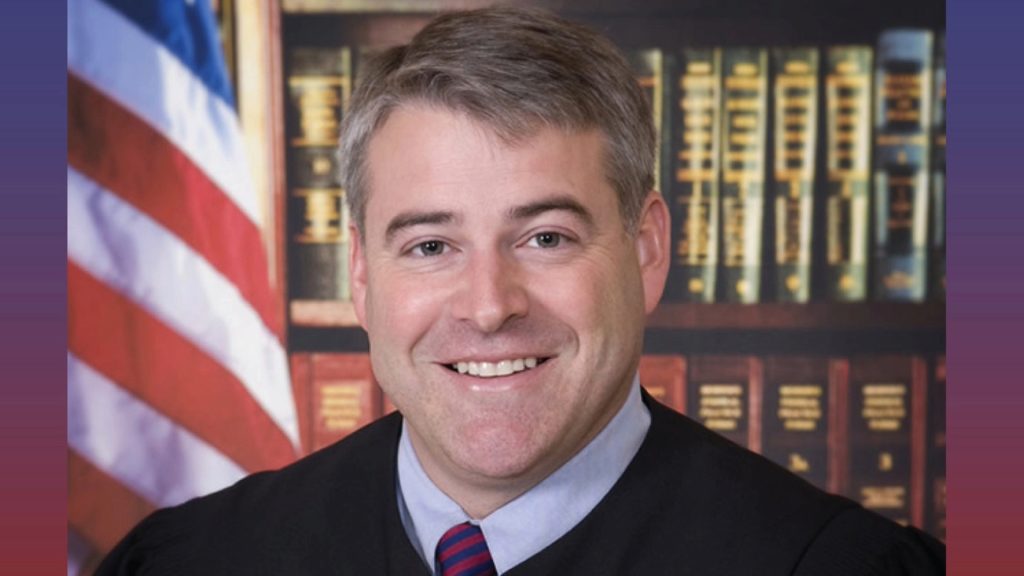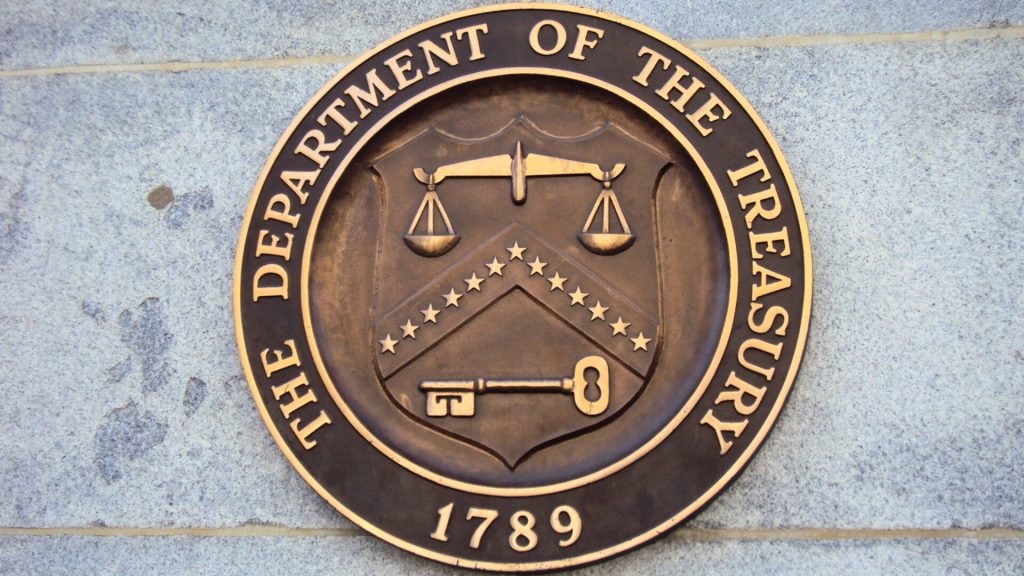A district judge in Alabama recently ruled that the Treasury Department is unable to force small business owners to report details on their respective owners and others who may benefit directly from the business. Multiple reports confirm that the ruling could serve a major blow against President Biden’s goal to boost corporate transparency.
Judge Concludes That Corporate Transparency Act Is Unconstitutional
U.S. District Judge Liles C. Burke found on Friday that the Corporate Transparency Act (CTA) is unconstitutional. The decision was based simply on the grounds that Congress crossed the boundary line restricting its power when enacting the law.

As a result, any rules made as a result of the act would be considered unlawful. The act was initially enacted as a portion of the National Defense Authorization Act that focused on the fiscal year of 2021.
Judge Burke: The CTA ‘Lacks A Sufficient Nexus To Any Enumerated Power‘
Judge Burke released a 53-page opinion to declare that the CTA was unconstitutional. The opinion stated that the CTA “lacks a sufficient nexus to any enumerated power to be a necessary or proper means of achieving Congress’ policy goals.”

Burke also indicated that the CTA exceeded the legislative branch limits enforced by the U.S. Constitution. Burke first received his judicial commission as the U.S. District Judge for the Northern District of Alabama on October 17, 2018.
The CTA Required Companies To Disclose Beneficiary Ownership Information
The design of the CTA focused on addressing issues specifically connected to the financing of terrorism, money laundering, and additional illicit activities that anonymous shell companies facilitated. The primary objective of the act was to boost corporate transparency through forcing specific companies to reveal their beneficiary ownership details.

The details were to be provided to a U.S. Department of the Treasury bureau known as the “Financial Crimes Enforcement Network” (or “FinCEN”). The information would have included the identities of everyone that either indirectly or directly controlled or owned a substantial portion of the business.
Treasury Officials Highlighted Benefits Of CTA For Law Enforcement
According to the Associated Press, U.S Treasury officials highlighted the “massive benefits” that the CTA would offer to law enforcement officials. It also noted that law enforcement officials and agencies were not the only parties that would have access to the database.

The report further claimed that the regulatory burden enforced by the act would be relatively small, costing an average of $85 per business. The reason why small businesses were targeted in the first place was due to shell companies typically having few employees on their payroll.
Small Business Lobbying Group Filed Suit To Block Requirement In 2022
The National Small Business Association (NSBA), a small business lobbying group, made headlines in November 2022 when it filed suit to block the Treasury Department’s proposed requirement. The primary argument targeted by the association was the violation of the U.S. Constitution.

According to the group, the new requirement would create an unduly burden on small firms in addition to violating the free speech protections and overall privacy of businesses. It further expressed that the enacted law would be guilty of infringement on the powers provided to states for governing businesses.
NSBA President Claimed ‘We Already Have Very Strong Rules‘
NSBA President Todd McCracken announced at a news conference that “we already have very strong rules in place” that require financial institutions to see money transferred throughout the economy. Those same rules also consisted of conducting follow-up on the collected data.

According to McCracken, small business owners were already “hugely concerned” regarding the government having direct access to their private information. In addition to the Treasury Department, the lawsuit was also filed against Himamauli Dias and Janet Yellen. Das was the acting director of FinCEN and Yellen serves as the Treasury Secretary.
Janet Yellen Claimed That The ‘Lack Of Transparency Is A Global Problem‘
Secretary of the Treasury Janet Yellen delivered a speech at a FinCEN event in January where she addressed the significant of corporate transparency. According to Yellen, the “lack of transparency is a global problem” that “necessitates strong responses across jurisdictions.”

Yellen further expressed that the U.S. “must do its part” to make sure that the “integrity of our own financial system” remains protected. In addition, she believes that the United States must “advance global efforts against illicit finance and money laundering.”
FACT Coalition Director Supported CTA Due To ‘Criminal Abuse’ Of Shell Companies
FACT Coalition Executive Director Ian Gary reportedly supported the CTA since it would “protect our financial system and small businesses from the criminal abuse of anonymous shell companies.” Gary has over two decades of experience advocating for accountability reforms and financial transparency.

The Financial Accountability and Corporate Transparency (FACT) Coalition was established in 2011 through the leadership of its original executive director, Nicole Tichon. The group is widely-recognized as a coalition of over 100 organizations focused on developing a fair tax system.
FinCEN Director Claims That ‘It Has Been Far Too Easy’ For Criminals To Hide Money
Acting FinCEN Director Himamauli Das issued a statement in September 2022 regarding finance-related illicit activity in the United States. According to Das, “it has been far too easy for criminals” to “fund their illicit activity by hiding and moving money through anonymous shell companies and other corporate structures.”

Das further explained that the CTA would serve as a “significant step forward” in the country’s efforts to support intelligence, law enforcement agencies and national security to “curb illicit activities.” Das added that the rule would also play an integral role in protecting American businesses and taxpayers “who play by the rules” even though they are “repeatedly hurt by criminals that use companies for illegal reasons.”
NSBA Attorney Refers To Law As ‘Gross Government Overreach‘
Kenyen Brown, an attorney that represented the NSBA, acknowledged that the CTA was designed with good intentions. However, he added that it was also a “gross government overreach.”

According to Brown, the appropriate methods that the government should use to gather anti-terrorism financing reports and money laundering activities is through “transaction monitoring and financial institutions performing their due diligence.” He concluded that the new rule requiring registration was “not the way.”






